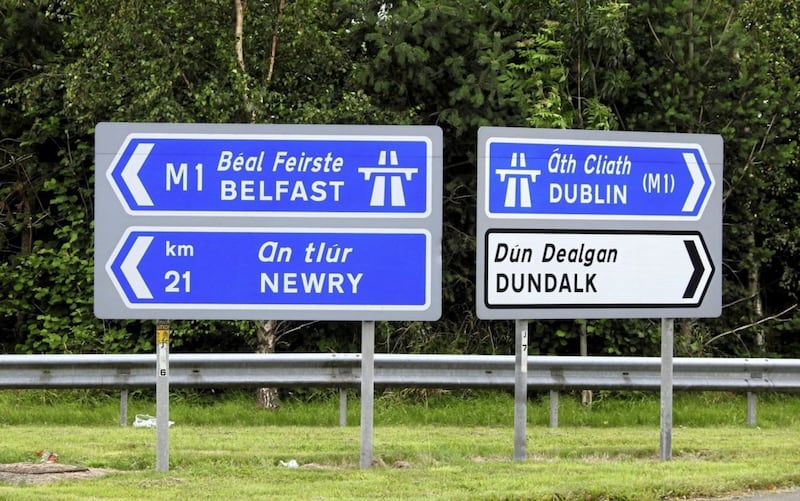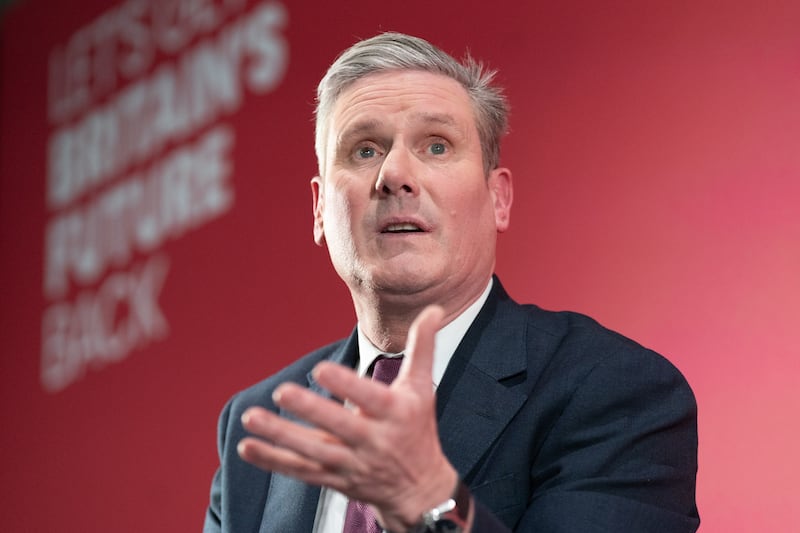Call me a doom-monger all you like: the sad reality is that the United Kingdom is in a bad place.
Economically we are the sick man of Europe and the second most miserable country in the world. We have a housing crisis on top of a health crisis. Child poverty is rising alongside the cost of living.
Within unionism, few are willing to admit the truth. The economic case for the union lies in tatters. The mantra of the “union sells itself” is abject nonsense. The case against a united Ireland can still be made, but that positive economic argument can no longer be made with confidence.

You might wonder, having read this, why I call myself a unionist. My connection to the UK is based on more than economics. Things are terrible but I want them to be better.
I don’t care what advocates for a united Ireland say: swapping red, white and blue neoliberalism for a green version doesn’t equate to a “New Ireland”. I doubt others will think this way, however.
Given the high stakes, the state of local politics is bleak. Gestures by the DUP towards the middle ground and nationalism are welcome but it doesn’t address the central problem. Rebranding political unionism, already a tall order, isn’t enough at this stage. Calls for unionism to “sell the benefits of the union” are simplistic and naïve at this point.

Nothing sums up the air of unreality more than the TUV’s recent pact with Reform UK. Opposing the protocol is a perfectly legitimate position to have. It’s depressing that the legal infrastructure of the UK has been prioritised over the actual infrastructure of the UK.
A few weeks ago, a friend texted me in a panic because she had heard about redundancies at her work. She’s currently getting treatment privately through her employer and will lose access if she loses her job. She would have to wait years on the NHS.
A central plank of the unionist argument, the NHS, is gone. Every day, people struggle to get GP appointments. Patients wait years for surgery and appointments to meet with a consultant. People are borrowing money to get treatment for their children. Getting private health insurance at work is now a luxury.

Yes, the Republic’s health service has many, many issues. Set against the NHS, however, the risk of change becomes minimal for the average voter in a border poll.
The Republic has a housing crisis. In Northern Ireland, thousands also languish on the housing waiting list. Vulnerable people are living in hostels. Families are sleeping in a single room because they can’t find a home. People with good jobs and a decent income are presenting as homeless to the NIHE because they can’t find a private rented property.

A recent study touts Northern Ireland’s low cost of living in comparison to the Republic. You have to be living in another reality to think people wake up and thank the union for the high cost of their electricity and rent. People don’t feel like they’re living in the sixth largest economy in the world, because they can’t feel the benefit in their own pockets.
It isn’t just Irish nationalists who talk down the UK economy – conservatives in Britain do as well. The pages of right-wing tabloids and broadsheets are filled with doom-laden predictions about the UK’s future.
The mantra of the ‘union sells itself’ is abject nonsense. The case against a united Ireland can still be made, but that positive economic argument can no longer be made with confidence
The rot started in Westminster, cemented after decades of successive Labour and Tory governments. The Tories face electoral oblivion. Labour, shamefully, offers nothing more than vague platitudes about growth and austerity 2.0. Starmer is unwilling to confront the reality of the UK’s economic situation, his shadow Chancellor invoking nostalgia for the 1980s when Thatcher began the process of asset stripping the country’s industries.

Structural issues within the UK economy can’t be solely fixed by the Assembly or local politicians. It is mind boggling that there is a complete unwillingness within unionism to confront or discuss these problems. Debates about the union seem unconnected with reality and the difficulties that the case for the union faces.
Smart unionists know a border poll will be challenging if economic conditions do not improve. It’s time for a dose of reality.


